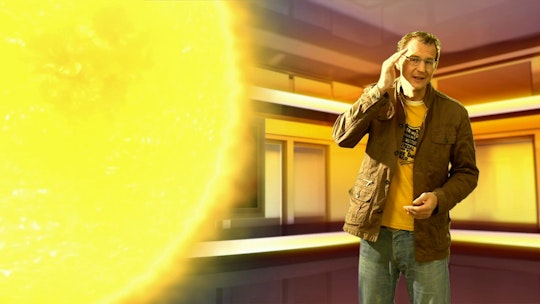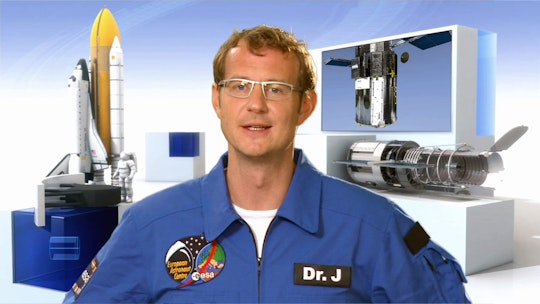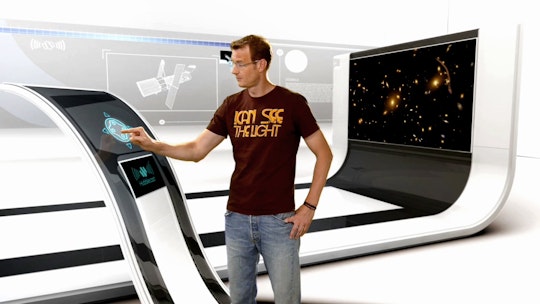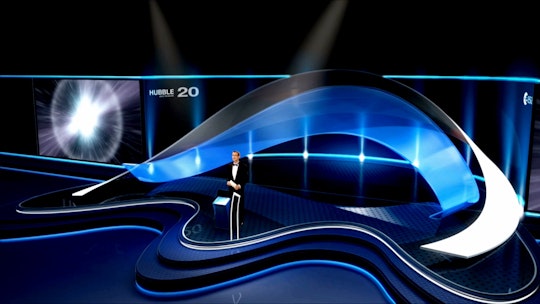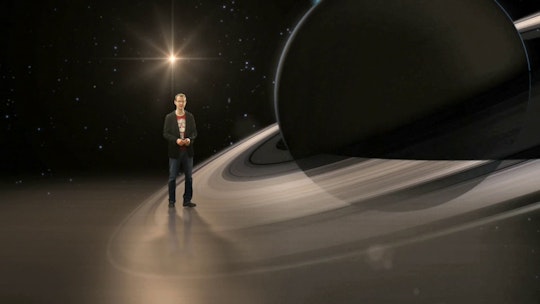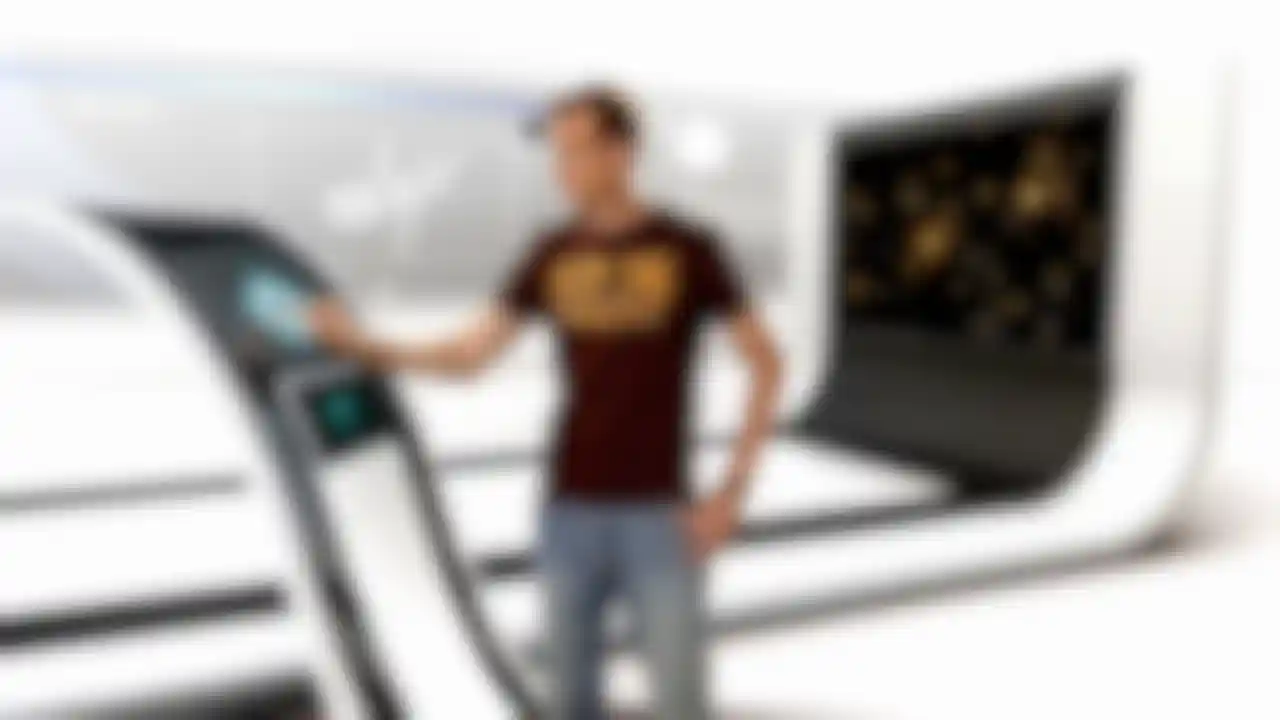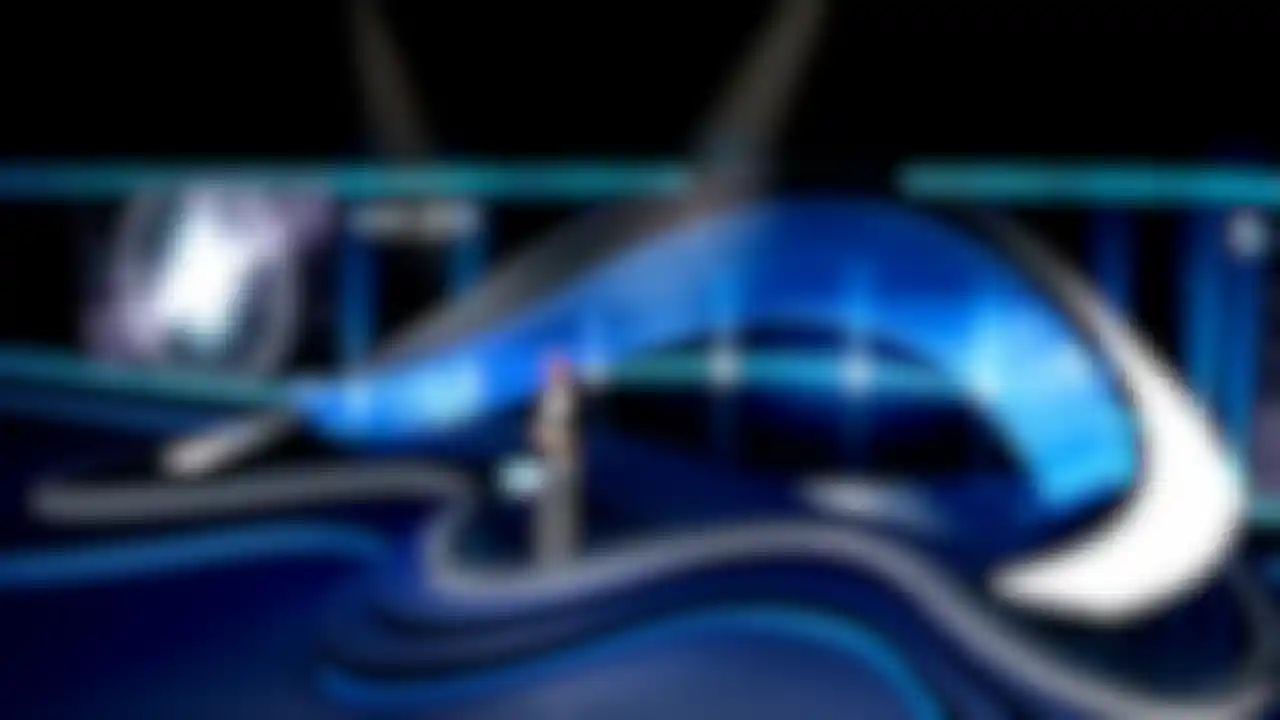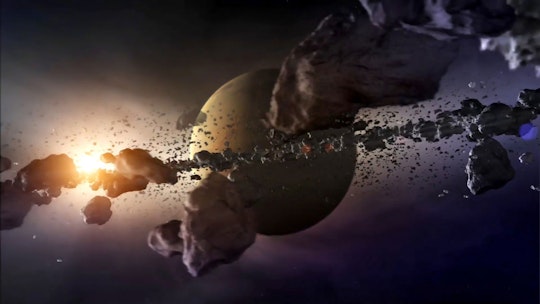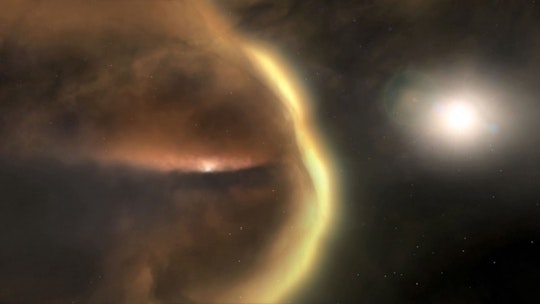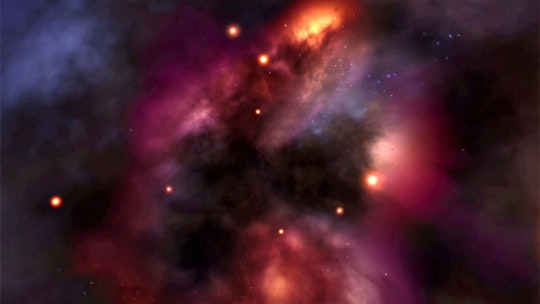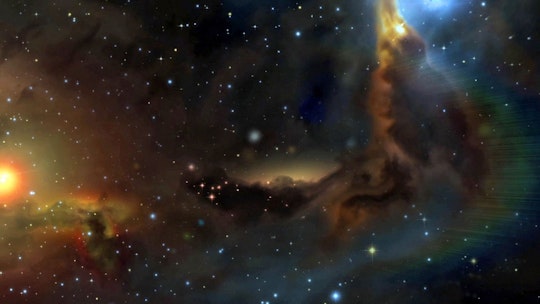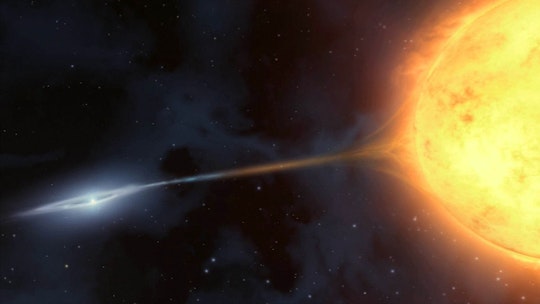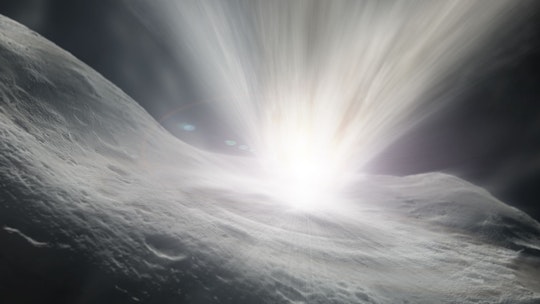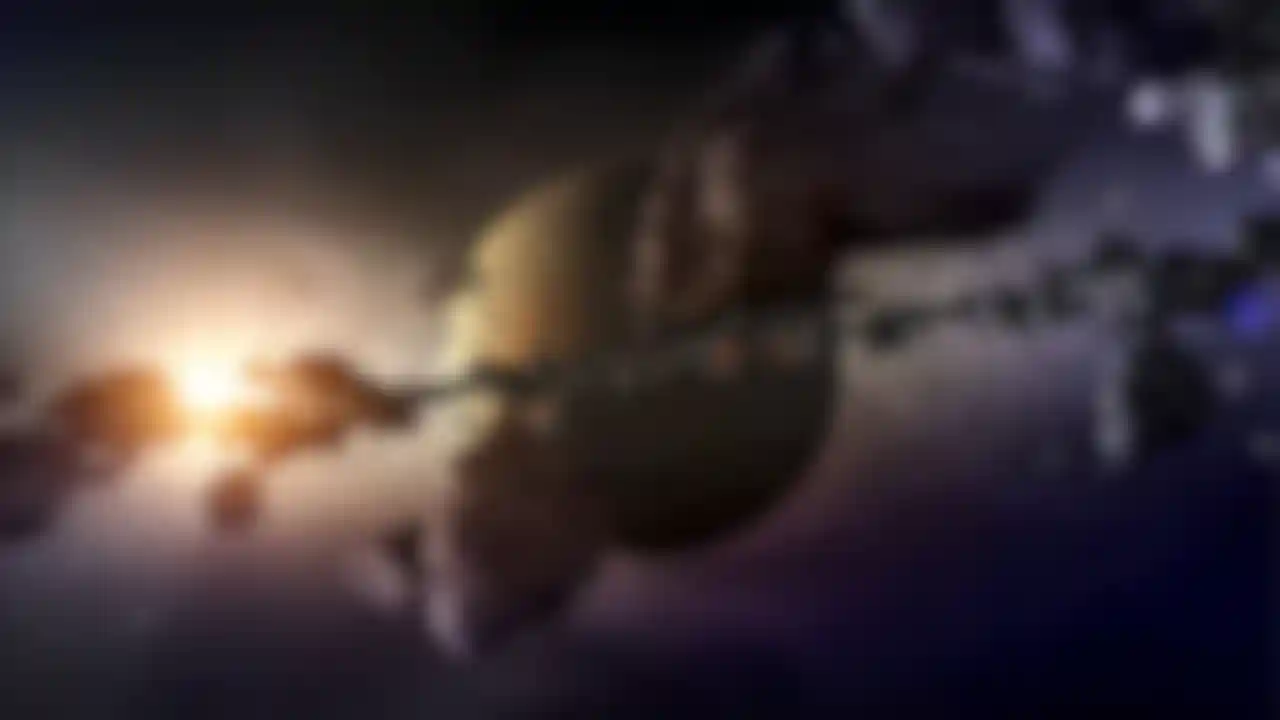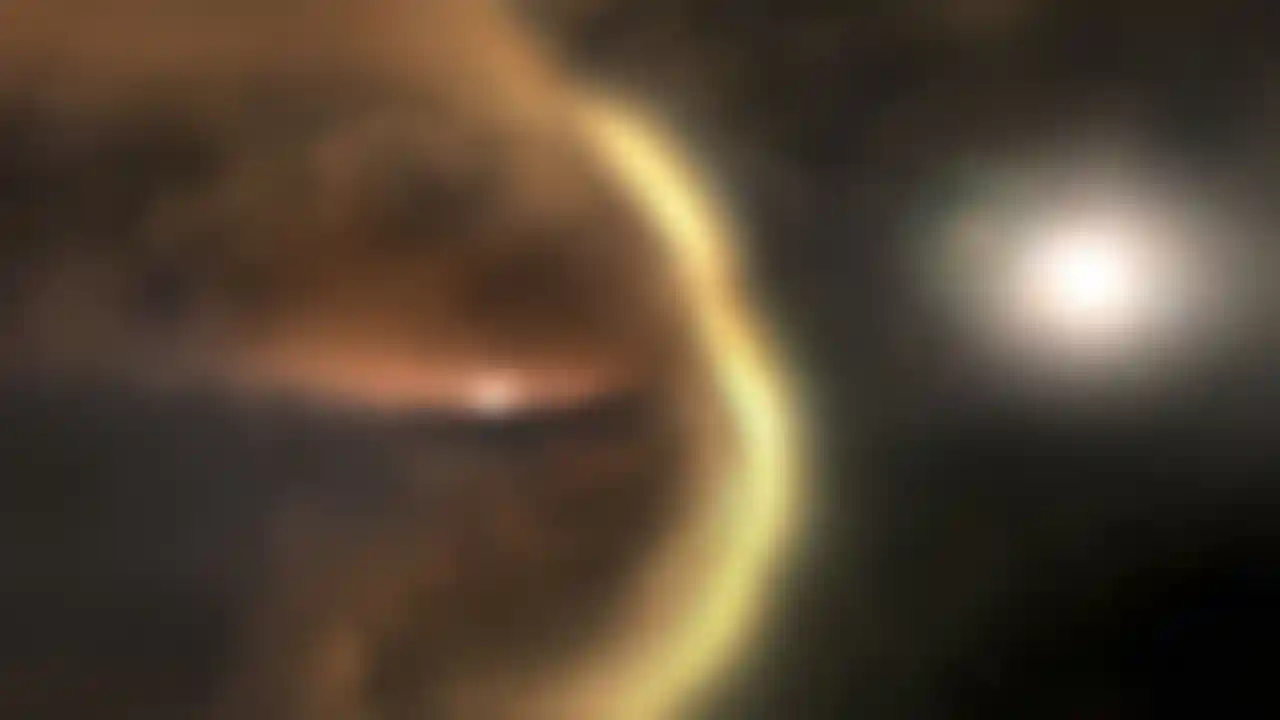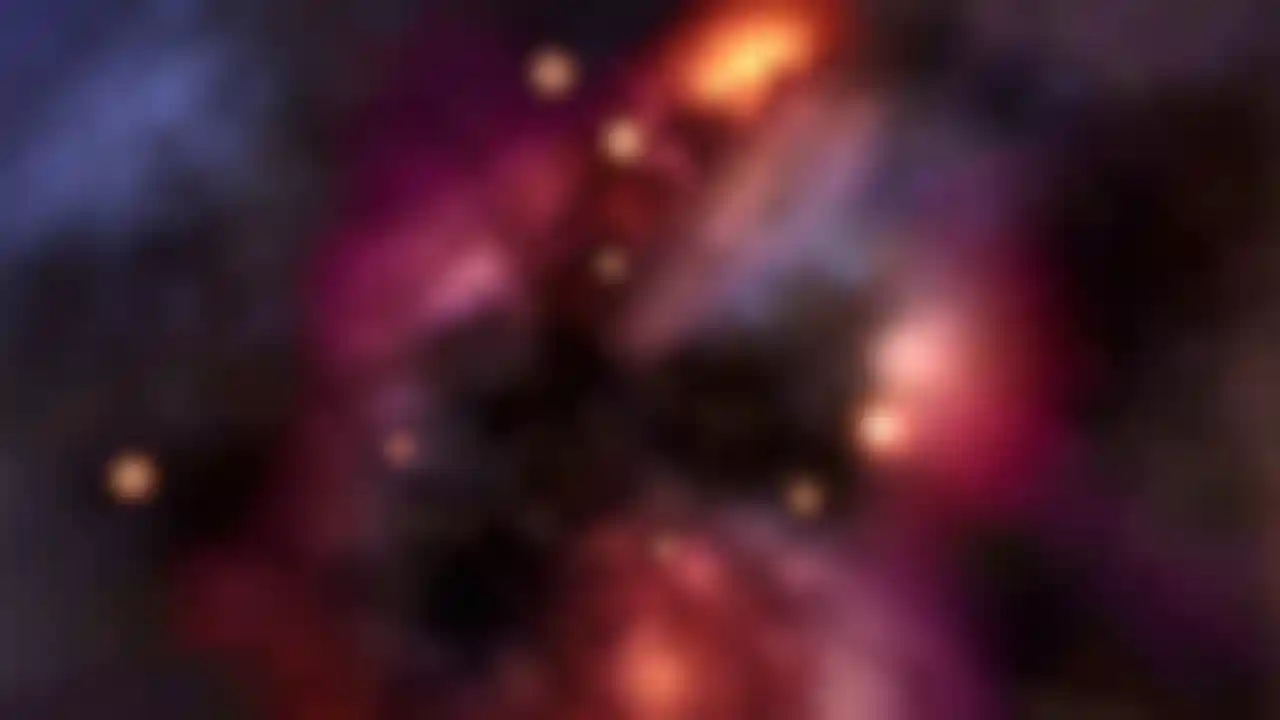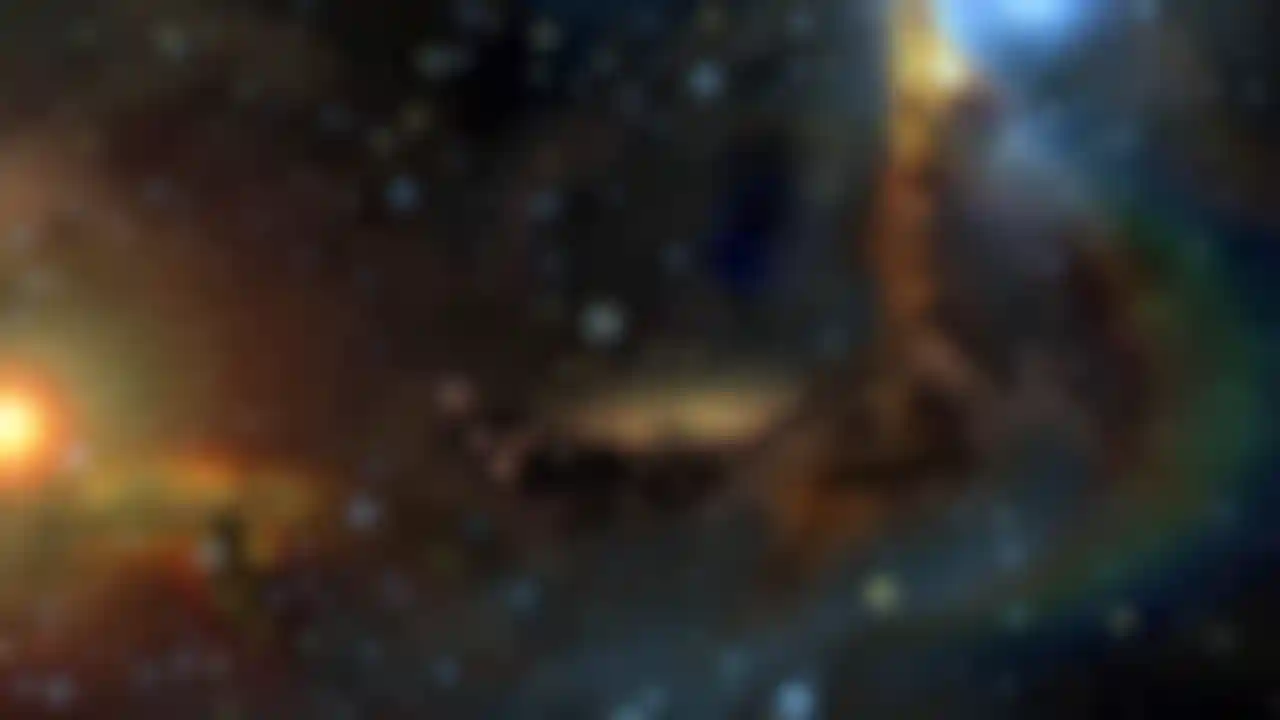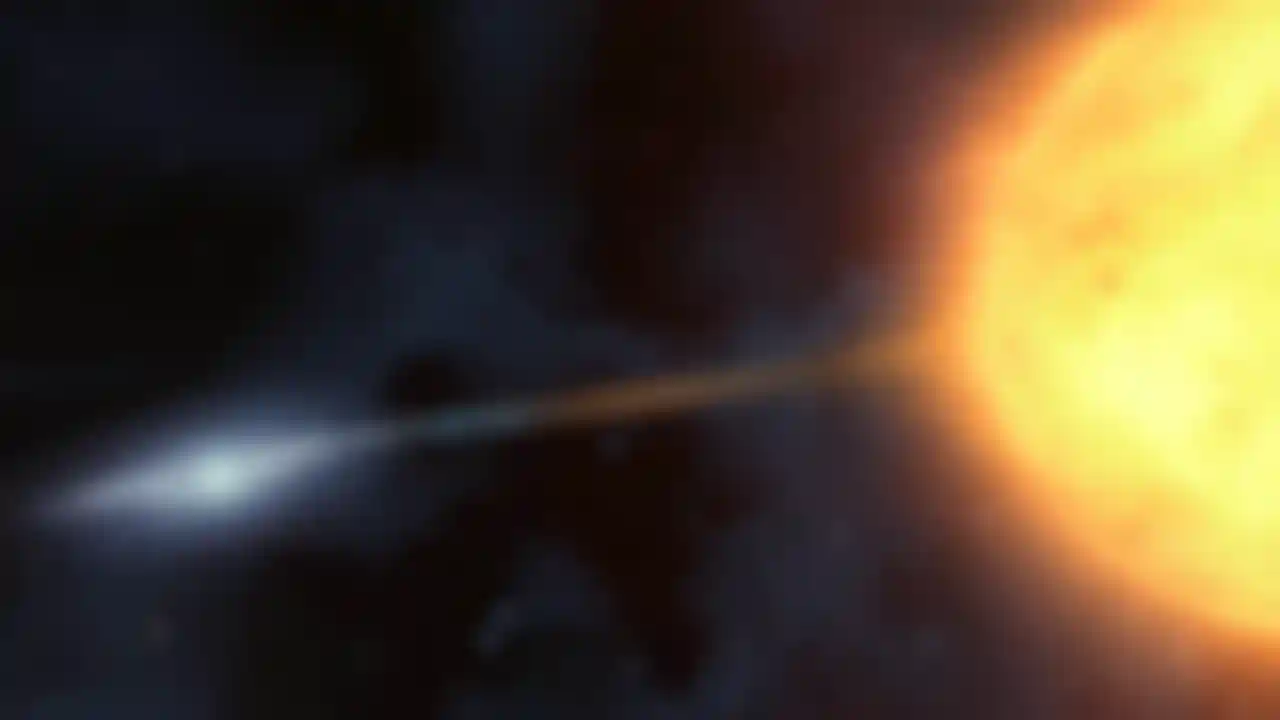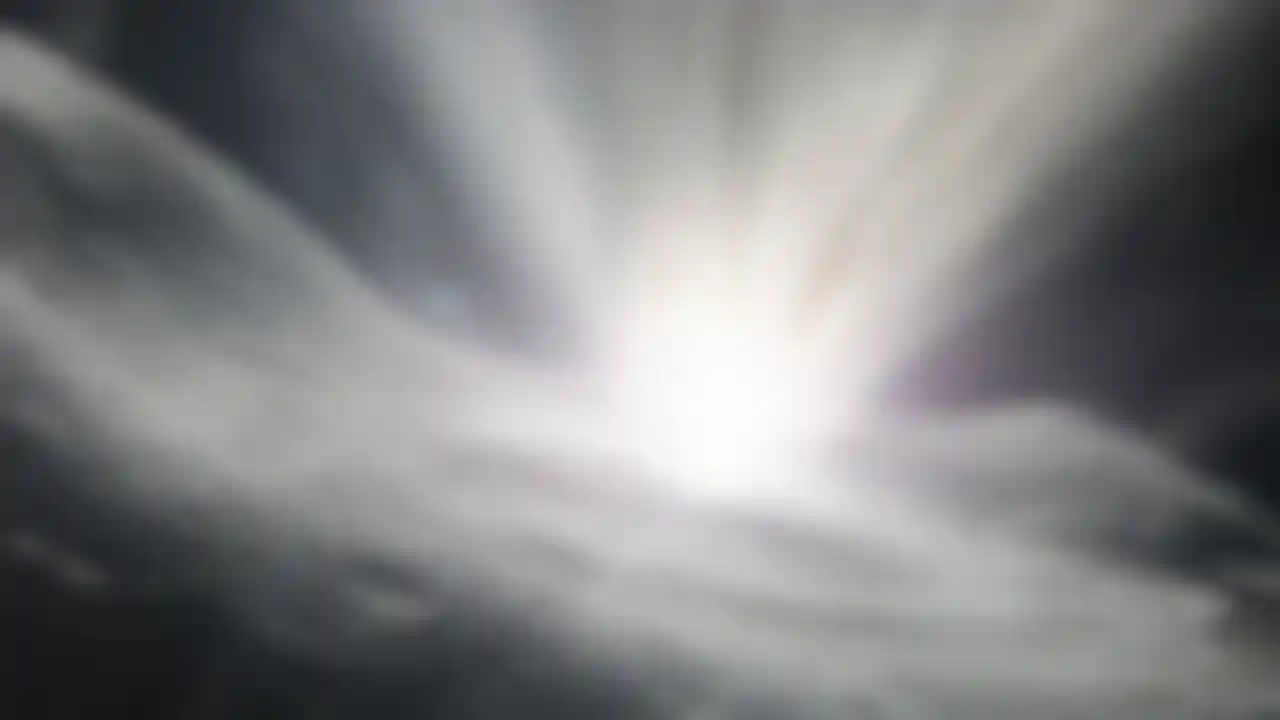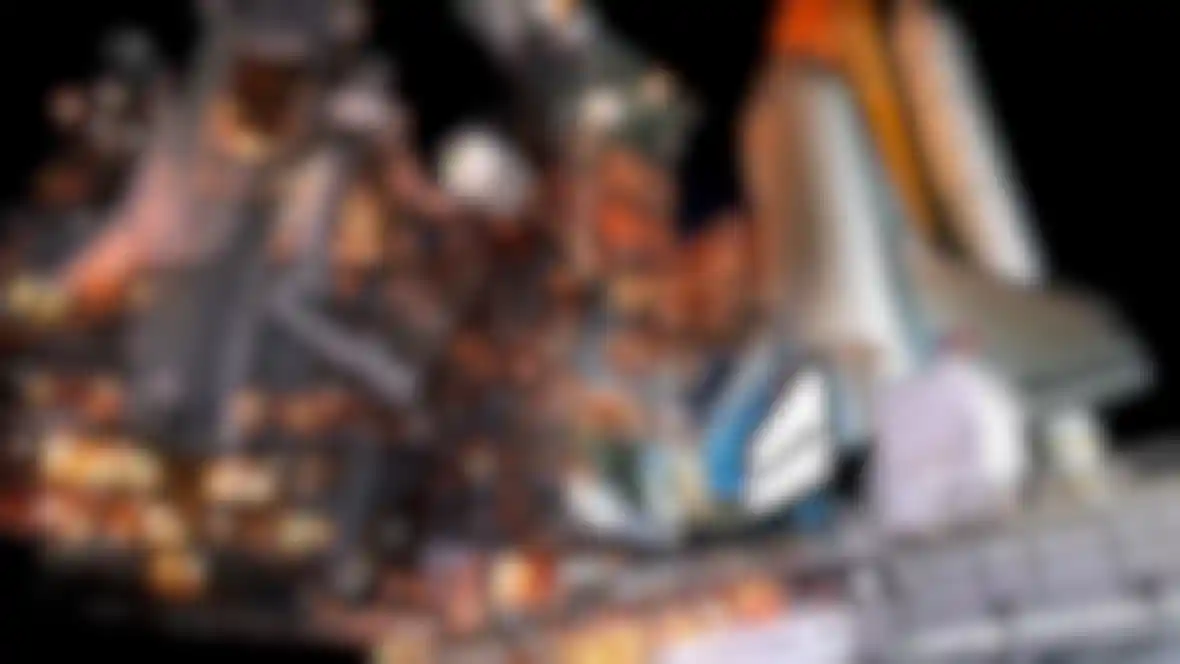
20 Years Hubble Space Telescope Twenty years ago the space shuttle Discovery was launched with a very special payload on board: Hubble - the largest and most powerful telescope ever carried into space.

This 24th day of April, 1990 was the most memorable day in the life of Edward Weiler. Weiler was in charge of the Hubble telescope at NASA and infinitely proud: "The last time such a leap in the field of astronomy was made was when Galileo used a telescope for the first time in 1610."
A team of astronauts released the eleven-ton and over 13-meter long Hubble telescope into space 600 kilometers (375 miles) above earth. But it soon became clear that something wasn't quite right. The images that the telescope sent to earth were blurred. The reason: the main mirror had been ground improperly. On June 27, 1990 Edward Weiler, in his function as NASA's Hubble appointee, had to make this news public. "This was the worst day of my life", recalls Weiler.
Fortunately, the mirror could be repaired and Hubble has since discovered over 3000 new galaxies and has sent more than 600,000 images back to earth. Hubble helped unlock the mystery of the birth of stars and planets and has helped determine the age of the universe at around 13.7 billion years.

Martin Kornmesser, visual artist at ESA Hubble Space Telescop Outreach and ESO Education and Outreach Department, says proudly, "For more than 10 years now, we have been using Cinema 4D to create visualizations of Hubble's observations. We produce animations, DVDs and, since 2006, video podcasts in order to make the processes more understandable. Thanks to Cinema 4D's efficient workflow and its seamless connectivity to After Effects we can complete an entire Hubblecast episode in 3 - 5 days, including blue-screen shots and video editing."
"Cinema 4D's new render engine and GI (Global Illumination) are especially helpful in the creation of background studios. The comprehensive Multi-Pass rendering options are perfect for interactively placing our host, Dr. J, in various 3D studios. More than 1 million gigabytes of data, including 24 million Hubblecast episodes, have been downloaded from our Web site, www.spacetelescope.org. Hubblecast is a major success and has been a iTune-best seller for several years in the genre science and medicine."
